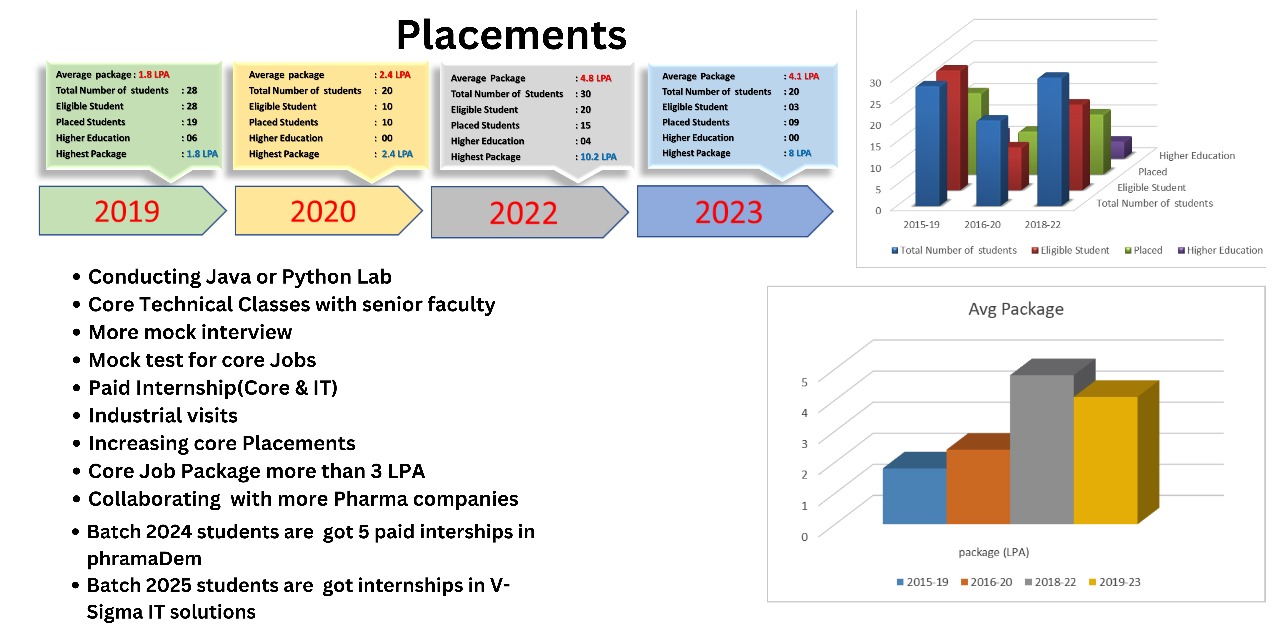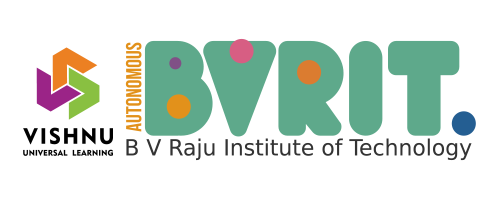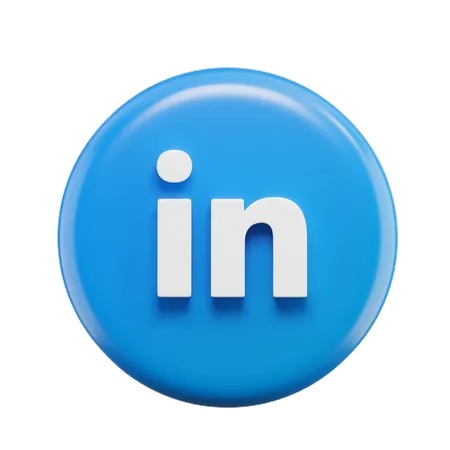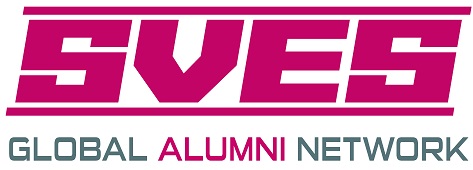Overview.
About Department
Attention BiPC Students :
BiPC students are also eligible to get admission into this unique and interdisciplinary B-Tech Programme from AY 2021.
Pharmaceutical Engineering (PHE) is a versatile engineering program designed using the course contents of core Chemical Engineering and Pharmaceutical science and technology. The course is designed to create engineers equipped with the knowledge and skills to meet the growing demand of pharmaceutical, bulk drug, chemical, food, dairy, cosmetic and other health care industries.
Genesis of pharmaceutical Engineering in BVRIT
Recognizing the growing demand of novel undergraduate engineering programs worldwide, BVRIT a flagship engineering college established in 1997 at Narsapur near Hyderabad has introduced a new interdisciplinary course “Pharmaceutical Engineering” for the first time in private engineering colleges in India from the academic year 2015-16 with an intake of 60 students in the UG Programme. Right from its inception it is continuously striving to imapart quality education and competitive spirit among students for academic excellence.
The department has highly qualified and experienced faculty with professors, Associate Professors and Assistant Professors. The department has good infrastructural facilitates and is equipped with full-fledged laboratories. The staff members are deputed to participate in workshops, conferences and refresher courses to keep in pace with recent developments in the field of Pharmaceutical Engineering.
As a part of the curriculum industrial visits are arranged for students of B.Tech 3/4 (PHE) in II Semester. Students of our department actively participated in National-level student Paper Presentations being organised at various engineering college and Universities. The department has been organising National-level Technical Paper Presentation under the banner of PrANaTi (Pharmaceutical Annual National Technical Initiative).
1
Program offered
10
Faculty members
200+
Students graduated
200+
Research papers
Programs Offered
B.Tech in Pharmaceutical Engineering
60
Intake
Eligibility
Both BiPC and MPC
Intake
YEAR | INTAKE (B.Tech) |
2024-25 | 60 |
2023-24 | 60 |
2022-23 | 60 |
2021-22 | 60 |
2020-21 | 60 |
2019-20 | 60 |
2018-19 | 60 |
2016-17 | 60 |
2015-16 | 60 |
What Pharmaceutical Engineers Do?
In manufacturing, pharmaceutical engineers are involved in the processes that convert chemical and biological materials into pharmaceutical products and therapies. Healthcare providers or individuals then buy these products to treat a range of different diseases and medical conditions.
Due to the nature of the products that pharmaceutical engineers help develop; they often work in state-of-the-art manufacturing facilities. Those facilities use the latest equipment, processes, and software solutions to ensure the products produced are profitable, safe, and regulatory compliant. There is intense competition in the pharmaceutical industry, though, particularly in relation to research and development. As a result, the only people who often get to see inside these facilities are pharmaceutical engineers and others involved in their design, management, and operation.
Specific Roles
The manufacturing processes that pharmaceutical engineers can be involved in include:
- Product conception, although this is often in laboratories and research facilities rather than manufacturing plants.
- Designing the product, a role that, again, often takes place in a laboratory.
- Scaling up production capabilities, a role that is crucial to the financial success of the pharmaceutical company.
- Manufacturing the product.
- Labelling the product and ensuring compliance.
- Packaging the product to optimise distribution.
One of the key responsibilities of a pharmaceutical engineer whatever their job role is the elimination of risk to patient safety. They have a responsibility to protect the environment too.
A pharmaceutical engineer will need to be aware of regulations. As a result of the regulatory and compliance aspects of the job, pharmaceutical engineers are involved in:
- Validation Assurance (VA)
- Quality control
- Maintaining GMP (Good Manufacturing Practice) compliant facilities
- Serialisation
A Day In The Life of A Pharmaceutical Engineer
- Pharmaceutical engineers are involved in all aspects of pharmaceutical manufacturing. This includes designing and operating machines, determining product presentation, designing packaging labels, and more. They can also have roles designing, building, operating, and improving pharmaceutical manufacturing facilities. Pharmaceutical engineers also design, build, and operate pharmaceutical research facilities too.
- The job is a rewarding and challenging one. After all, the products you are responsible for developing or manufacturing as a pharmaceutical engineer help save lives. There are serious responsibilities that come with this too in relation to patient safety and regulatory compliance. Every day, however, the jobs that pharmaceutical engineers do have a positive impact on society’s health and wellbeing.
Courses related to Pharmaceutical Engineering across India
Currently, Institute of Chemical Technology (ICT), Mumbai offers a similar course called Pharmaceutical Science and Technology. Anna University, Madras and Dr. Baba Saheb Ambedkar Maratwada University, Aurangabad offers this course as Pharmaceutical Technology.
The Departmental Strength
The department has highly qualified faculty selected from reputed institutes like IIT’s and NIT’s, NIPER and faculty with vast experience in industry and research organizations of National/International repute. The department has various research projects sponsored from government agencies like DST and UGC and consultancy assignments from industries like Dr. Reddy’s Laboratories. The well equipped laboratories and the sponsored projects of the department enable the students and faculty to pursue advanced research projects.
Vision
To educate future leaders in Pharmaceutical engineering who effectively combine their broad knowledge of Pharmaceutical, Chemical and biology with their engineering analysis and design skills to solve problems in Pharmaceutical industries and to synthesis various innovative products.
To achieve excellence in undergraduate education, meaningful & innovative research and service dedicated to advancing the field of pharmaceutical engineering and Technology.
Mission
The mission of Pharmaceutical undergraduate engineering program is:
M1: To pursue excellence in Pharmaceutical engineering education and research by providing positive and professional, high quality, relevant education using current technological and educational techniques.
M2: To inspire student community to work in cohesion that exemplifies the core and ethical values for the purpose of improving and developing systems that solves complex problems and improves the quality of life.
M3: To develop student’s skills to effectively communicate, analyze, create, and link knowledge in the multi-disciplinary fields, with the emphasis on quantitative approaches and methods.
Programme Educational Objectives (PEOs)
P1. To develop the concepts of Pharmaceutical engineering in design and product realization to meet the needs of industry and organizations.
P2. To demonstrate the ability to work effectively as a responsible professional in a team and as an individual.
P3. To have an understanding of the importance of life-long learning and professional development with a background that allows to pursue advanced studies in Pharmaceutical engineering or related fields.
Programme Outcomes (POs)
The students at the end of the program are expected to have attained the following:
- An ability to apply knowledge of Pharmacy, Science, and Engineering.
- An ability to design and conduct experiments, as well as to analyze and interpret data.
- An ability to design and realize a system, component, or process to meet desired needs.
- An ability to function on inter-disciplinary teams.
- An ability to identify, formulate, and solve engineering problems.
- An understanding of professional and ethical responsibility.
- An ability to communicate effectively.
- The broad education necessary to understand the impact of engineering solutions in a global and societal context.
- A recognition of the need for, and an ability to engage in life-long learning.
- A knowledge of contemporary issues.
- An ability to use the techniques, skills, and modern engineering tools necessary for pharmaceutical engineering practice.
- Focused experience through industrial training and undergraduate projects in one or more areas of advanced research.
Interaction with External Organisations
The department of Pharmaceutical Engineering at BVRIT has developed relationships with various industries & organizations such as Dr.Reddy’s Laboratories, Virchow Laboratories Ltd, Aurobindo Pharma, Everest Organics, Zen Chemical Consultants, Vasant Chemicals, Heritage Foods, Vindhya Pharma, Granules India, Anjani Cements, MSN Pharma, RA Chem, Cipla Pharma Ltd etc. for student projects and training.
Opportunities in Pharmaceutical Engineering Department
A Pharmaceutical Engineer can easily get employed in pharmaceutical industry, in R&D labs, designing quality drugs for diseases, production and quality systems, biomedical industries and can find jobs in biopharmaceutical plants, biotechnological plants and Pharmaceutical manufacturing industries.
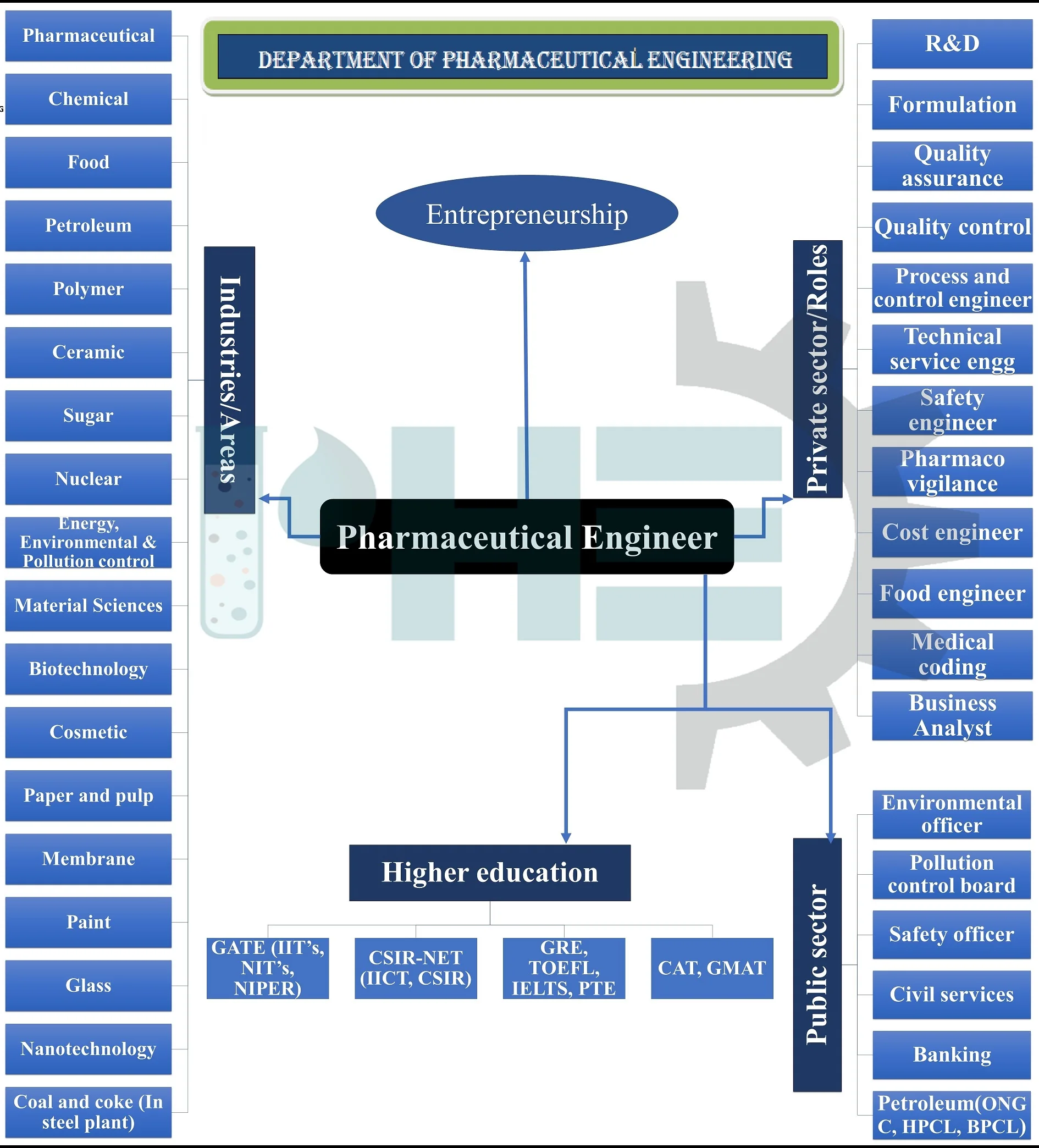
Placements
